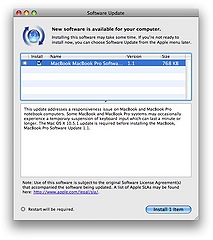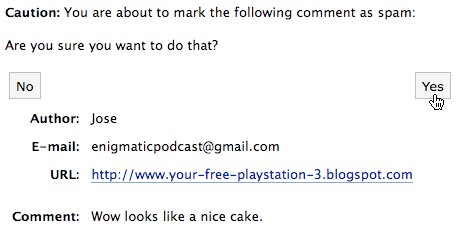Looks like it's George Orwell's lucky day: Microsoft has filed a patent application for "a computer system that links workers to their computers via wireless sensors that measure their metabolism. The system would allow managers to monitor employees’ performance by measuring their heart rate, body temperature, movement, facial expression and blood pressure." (The Times, emphasis added).
Needless to say privacy experts are not particularly enthused, especially over here in Germany where the data protection laws are slightly on the strict side anyway. What I though was interesting is a quote by a German privacy expert, who said that while Microsoft may earn money from selling the product eventually, the companies who use it almost certainly won't profit from monitoring their employees: She referred to a study made by the London School of Economics for Microsoft in 2003 which states that monitoring employees decreases their productivity and creativity. As such, the privacy expert says, Microsoft's idea is "absolutely outdated".
Considering the document was filed in June 2006 already and has only just came to public attention, the "outdated" claim may not be too far off after all.
Side note: As always, my blog represents my opinion only, and not Mozilla's or anyone else's. Just in case this was not perfectly clear to begin with.



 Some hand-crafted wordpress spam, notice how the comment makes sense but the supplied URL is quite apparently promoting spam content.
Some hand-crafted wordpress spam, notice how the comment makes sense but the supplied URL is quite apparently promoting spam content.

 After German phone carrier T-Mobile has recently started selling the
After German phone carrier T-Mobile has recently started selling the